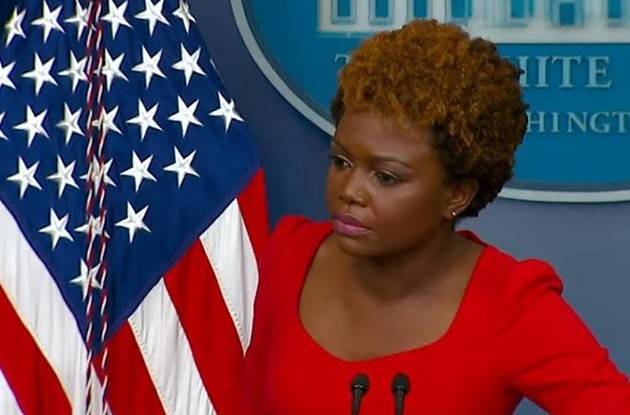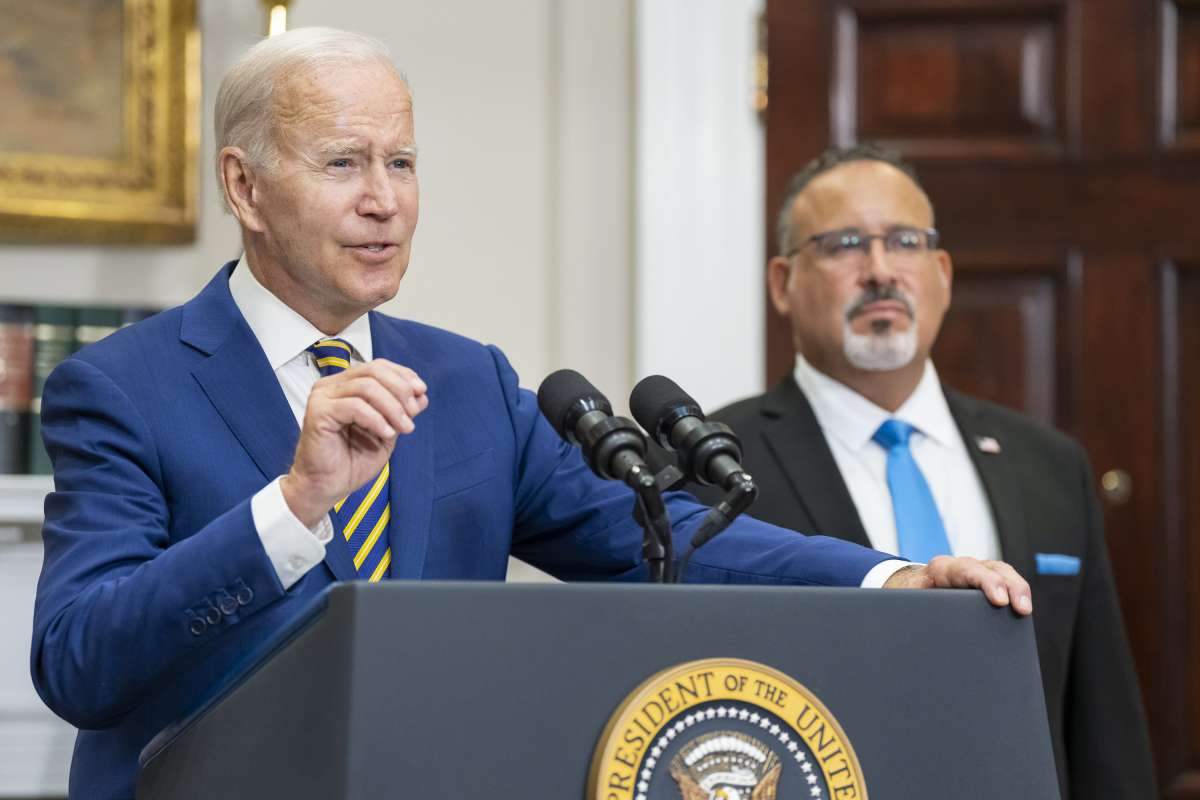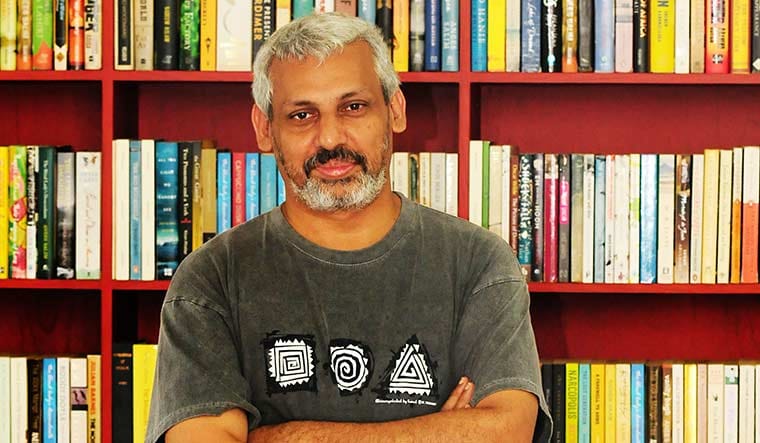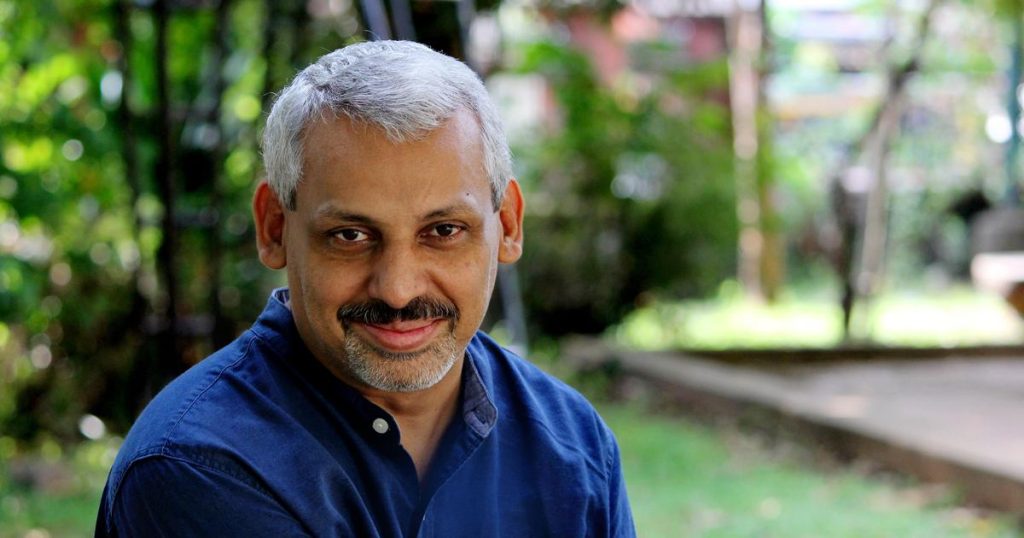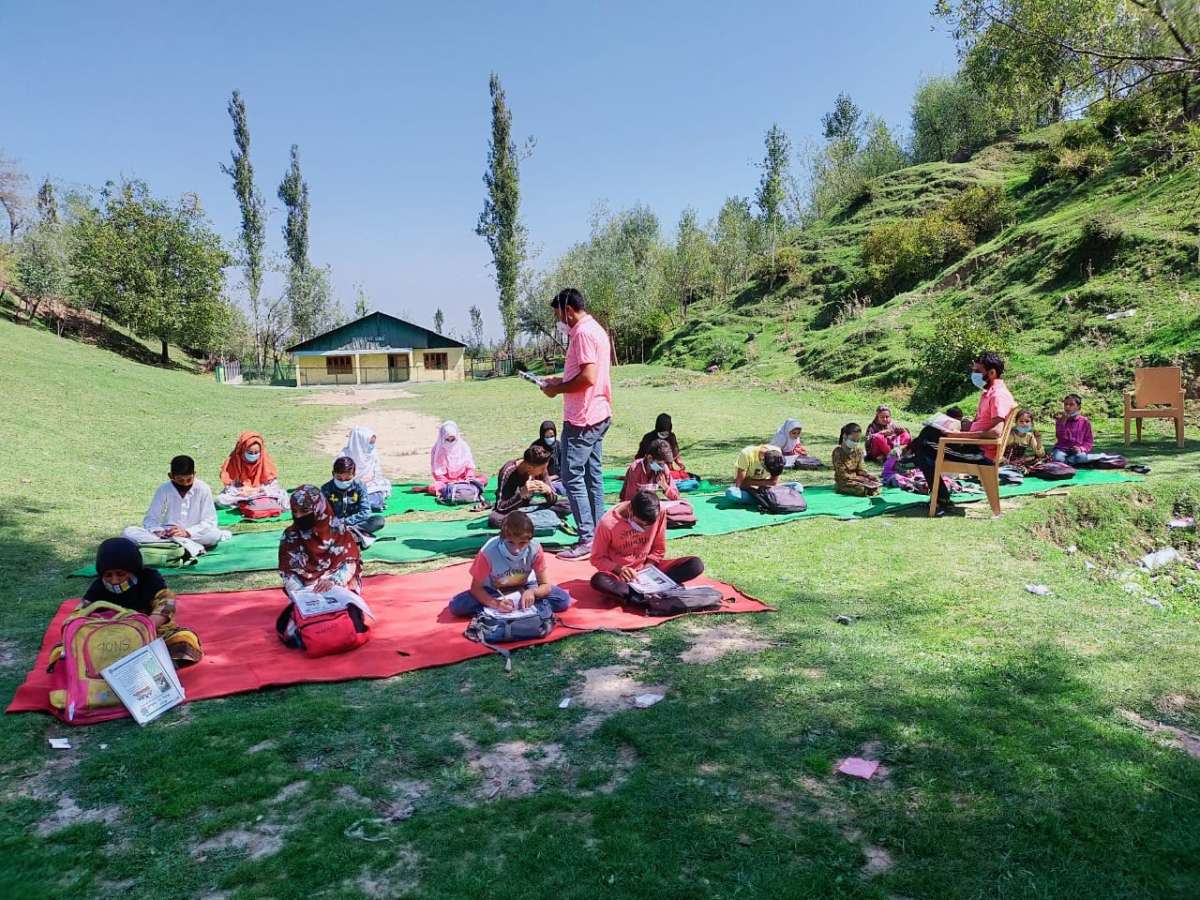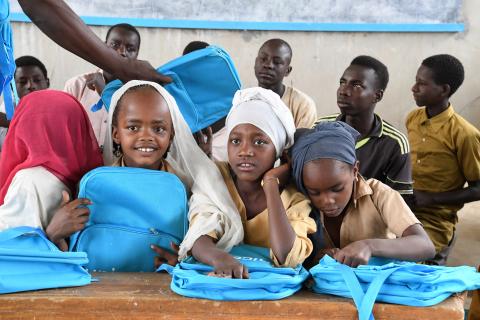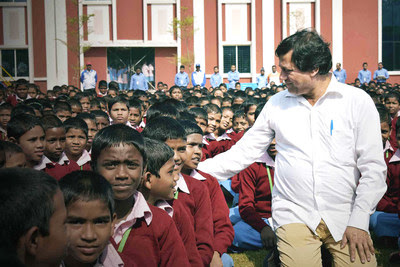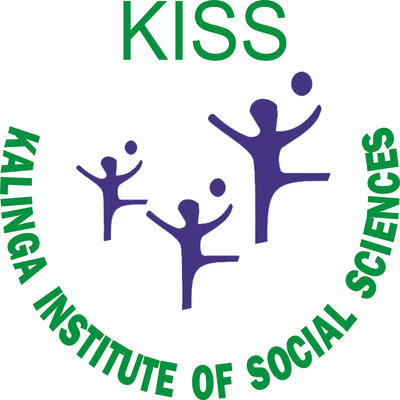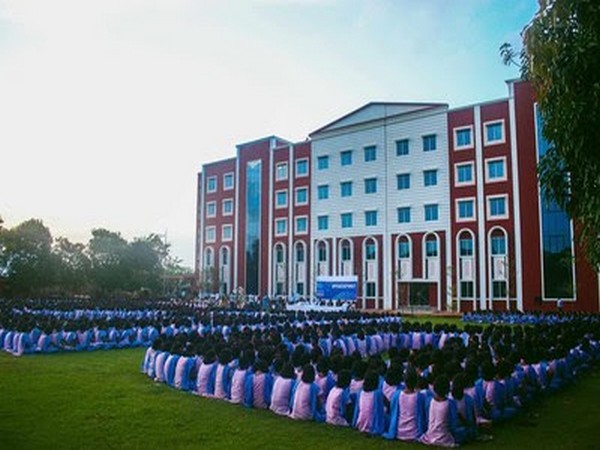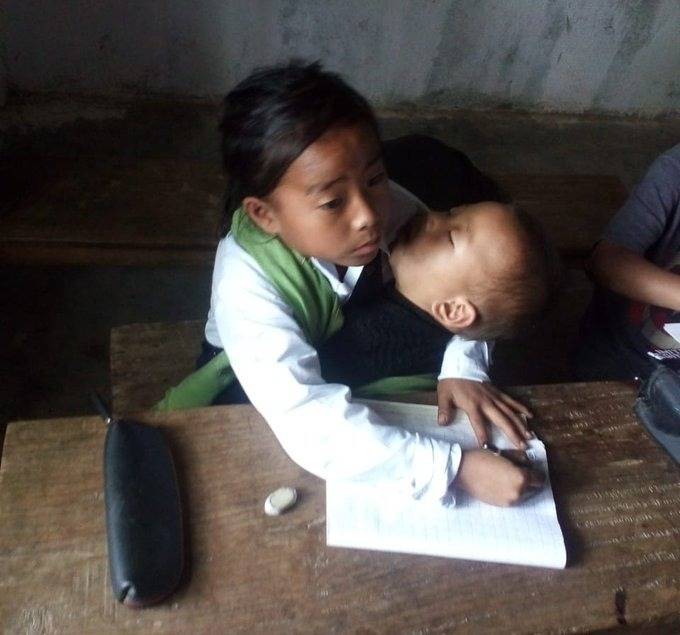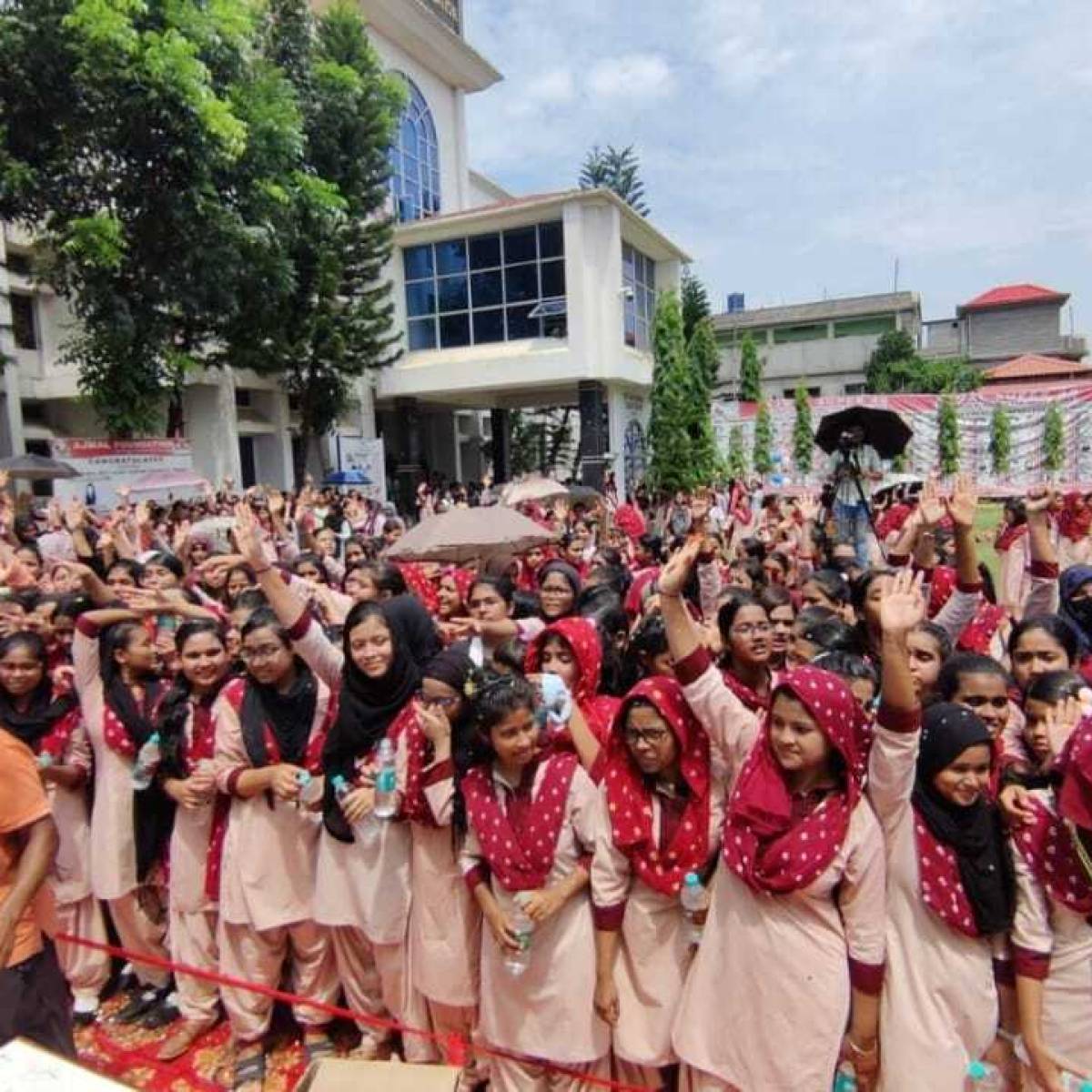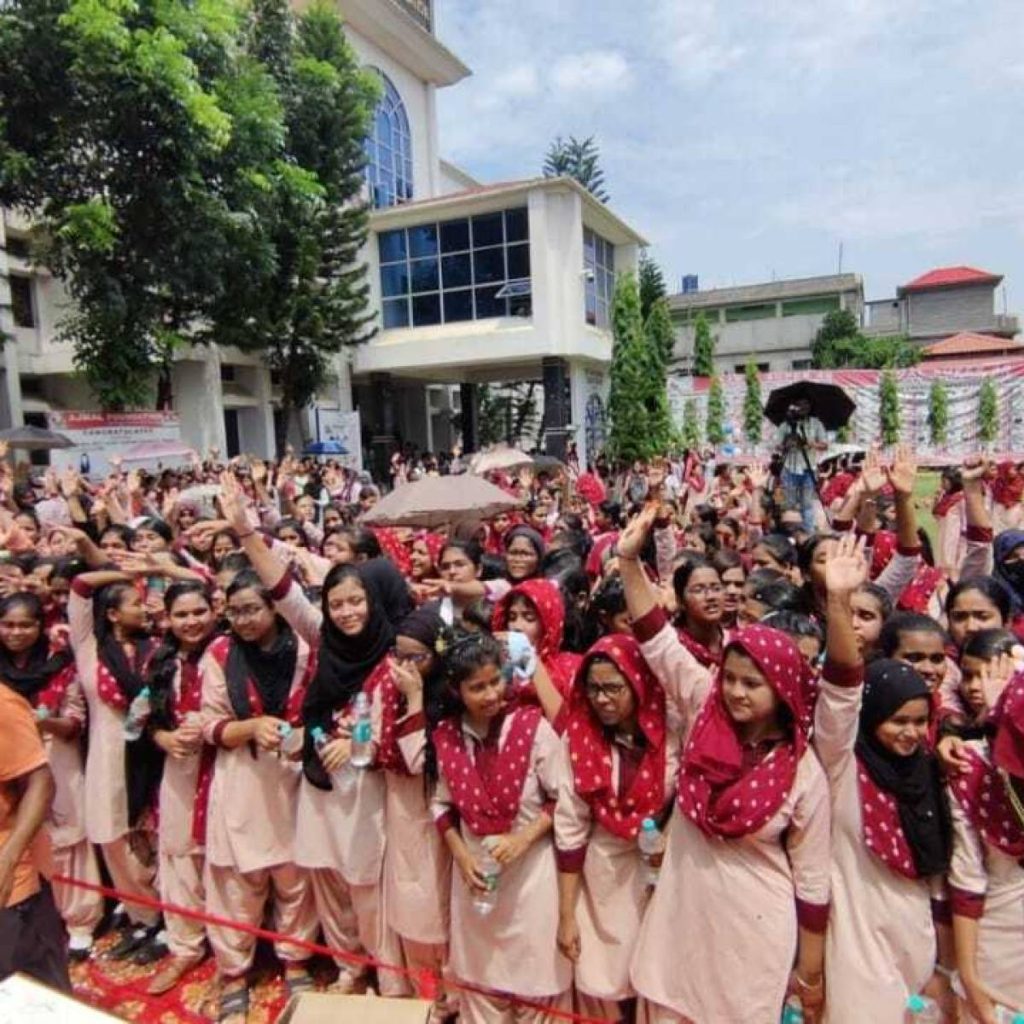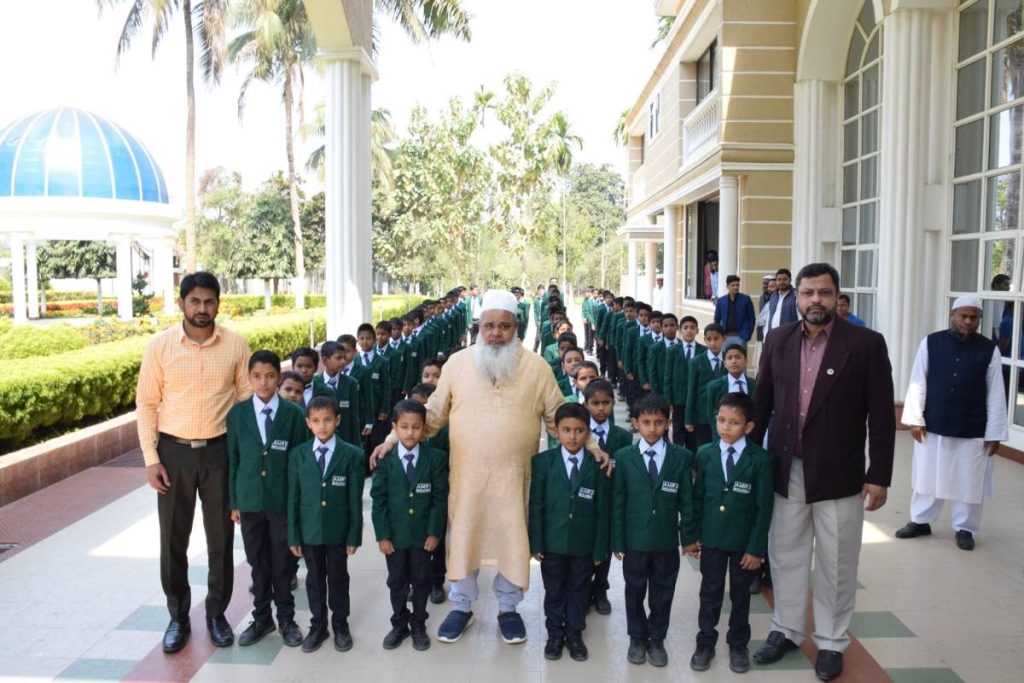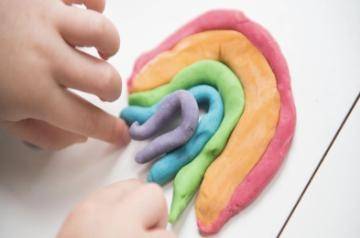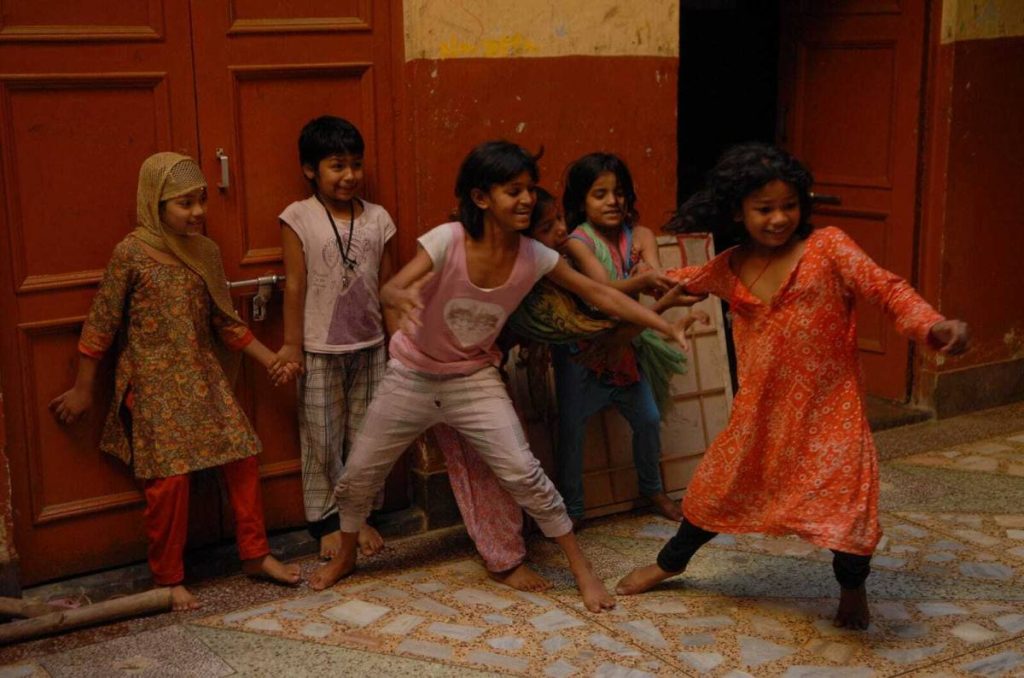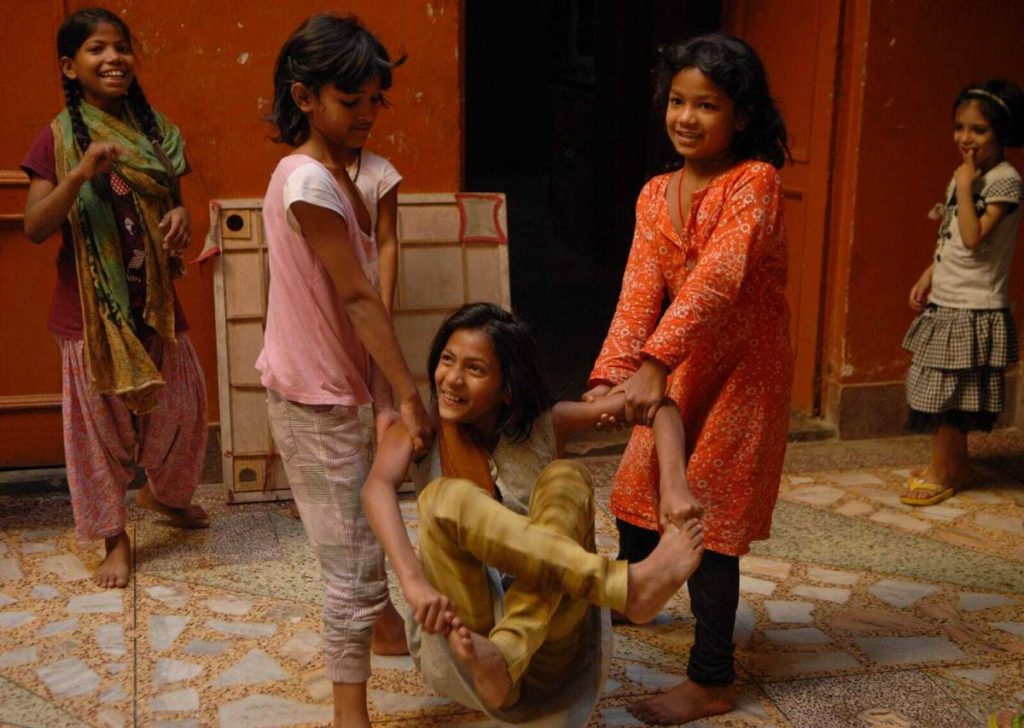The COVID-19 pandemic has revealed that teachers are the engines at the heart of global education systems, the statement said…reports Asian Lite News
Teachers are at the heart of education, and their valuable work must also lead to better salaries and working conditions, the heads of three UN agencies and a partner organization said on Wednesday.
The statement comes in their joint message to mark World Teachers’ Day, celebrated annually on 5 October.
The international community has committed to transform education – a process that must be led by teachers.
A critical partner
That’s the firm belief expressed by Audrey Azoulay, Director-General of UN educational and cultural agency, UNESCO; Gilbert F. Houngbo, Director-General of the International Labour Organization (ILO); Catherine Russell, Executive Director at the UN Children’s Fund (UNICEF), and David Edwards, General Secretary of Education International.
“Today, on World Teachers’ Day, we celebrate the critical role of teachers in transforming learners’ potential by ensuring they have the tools they need to take responsibility for themselves, for others and for the planet,” they said.
“We call on countries to ensure that teachers are trusted and recognized as knowledge producers, reflective practitioners, and policy partners.”
Fulfill the promise
The COVID-19 pandemic has revealed that teachers are the engines at the heart of global education systems, the statement said.
Without them, it is impossible to provide inclusive, equitable and quality education to every learner. Teachers are also essential to pandemic recovery and preparing learners for the future.
“Yet unless we transform conditions for teachers, the promise of that education will remain out of reach for those who need it most,” the partners warned.
They recalled that the Transforming Education Summit, held last month at UN Headquarters, reaffirmed that transformation requires the right number of empowered, motivated and qualified teachers and education personnel in the right place with the right skills.
Demotivated, dropping out
However, in many parts of the world, classrooms are overcrowded, they said, and teachers are too few, on top of being overworked, demotivated and unsupported.
As a result, an unprecedented number are leaving the profession. There has also been a significant decline in people studying to become teachers.
“If these issues are not addressed, the loss of a professional teaching corps could be a fatal blow to the realization of Sustainable Development Goal 4,” they warned, referring to global efforts to ensure quality education for all, by 2030.
Furthermore, teacher loss disproportionately affects students in remote or poor areas, as well as women and girls, and vulnerable and marginalized populations.
Global shortage
The partners pointed to recent estimates which reveal an additional 24.4 million primary school teachers will be needed globally, along with some 44.4 million secondary education teachers, if the world is to achieve universal basic education by the end of the decade.
Sub-Saharan Africa and Southern Asia alone will require 24 million more teachers, roughly half the number of new teachers needed in developing countries.
These regions have some of the most overcrowded classrooms in the world, and the most overburdened teachers and understaffed educational systems. A remarkable 90 per cent of their secondary schools face serious teaching shortages.
“Therefore, bringing qualified, supported and motivated teachers into classrooms – and keeping them there – is the single most important thing we can do to improve the learning and wellbeing of students and communities,” said the partners.
“The valuable work that teachers do must also be translated into better working conditions and pay.”
Education innovators awarded
Relatedly, three innovative programmes from Benin, Haiti and Lebanon have been recognized for their efforts to enhance the role of teachers and transform education, both in their communities and beyond.
These projects are the recipients of the 2022 UNESCO-Hamdan Prize for Teacher Development, which will be presented at a ceremony in Paris on Wednesday.
They are run by the Graines de Paix Foundation, the organization PH4 Global and the American University of Beirut, who will share a $300,000 endowment to help further their initiatives.
Promoting peace, preventing violence
Graines de Paix organizes a programme in Benin called Apprendre en paix, Enseigner sans violence (Learning in Peace, Education without Violence) that provides educational solutions focused on how to prevent all forms of violence and prevent radicalization.
The project also promotes well-being and a culture of peace, security, equity, and inclusion. Over 4,500 teachers have been trained, and more than 250,000 children reached.
Through its Training Teachers to Transform Haiti programme, P4H Global strives to improve the quality of education in the Caribbean country by training teachers as well as school directors, parents and community members.
Strategies for success
The objective is to transform teachers’ methods into effective student-centred strategies that cultivate critical thinking, collaboration, and creativity. These are reinforced through measures that include personalized feedback via social media and messaging apps.
More than 8,000 educators and 350,000 students across Haiti have benefited from the programme.
Under the TAMAM Project for School-Based Educational Reform, university researchers and educational practitioners in Lebanon work together to generate strategies grounded in the sociocultural contexts of the Arab region.
The initiative covers 70 schools in 10 countries in the region, and has benefited 1,000 educational partners, with 100 improvement projects initiated over the past 15 years.
ALSO READ-President Lauds Teachers On Teachers Day
